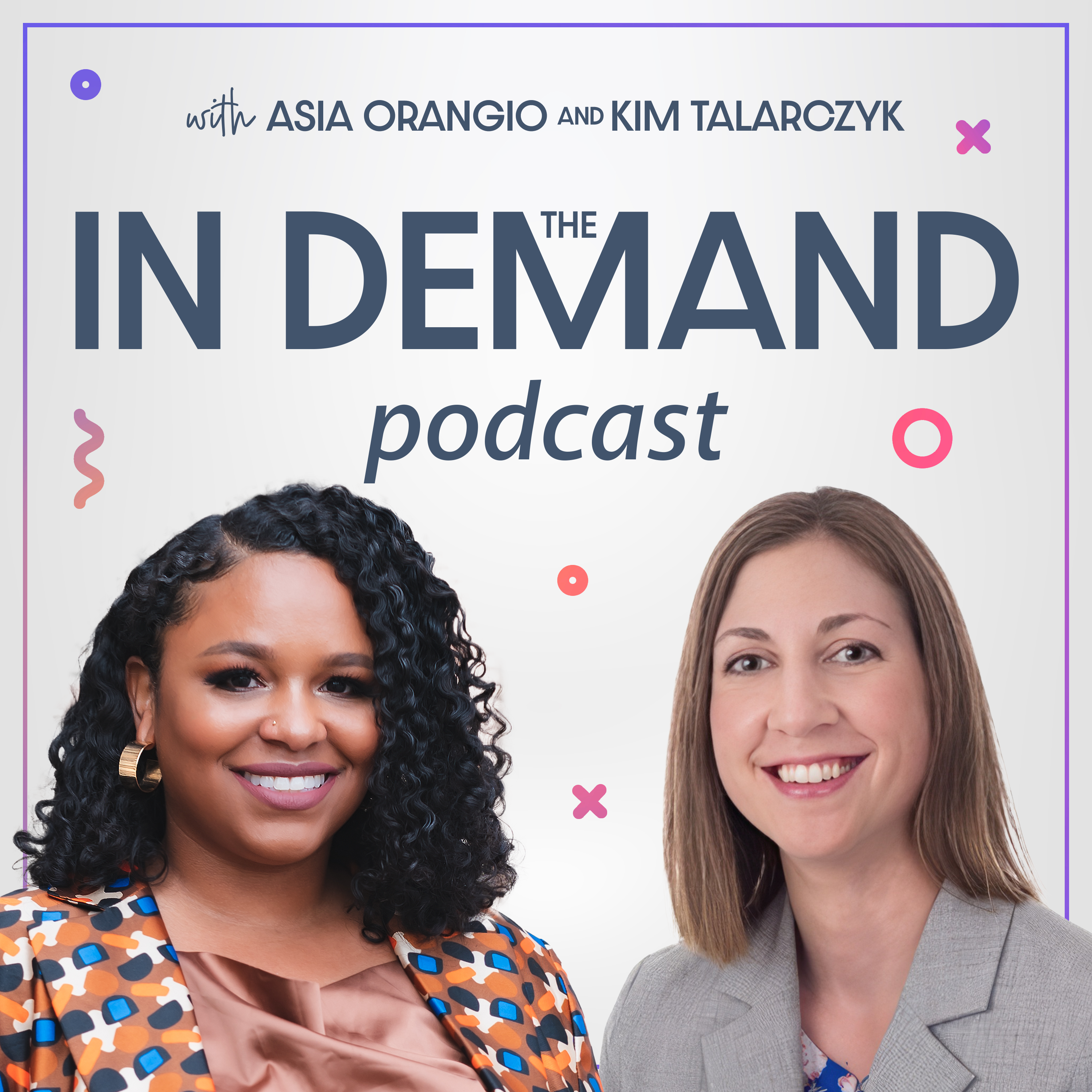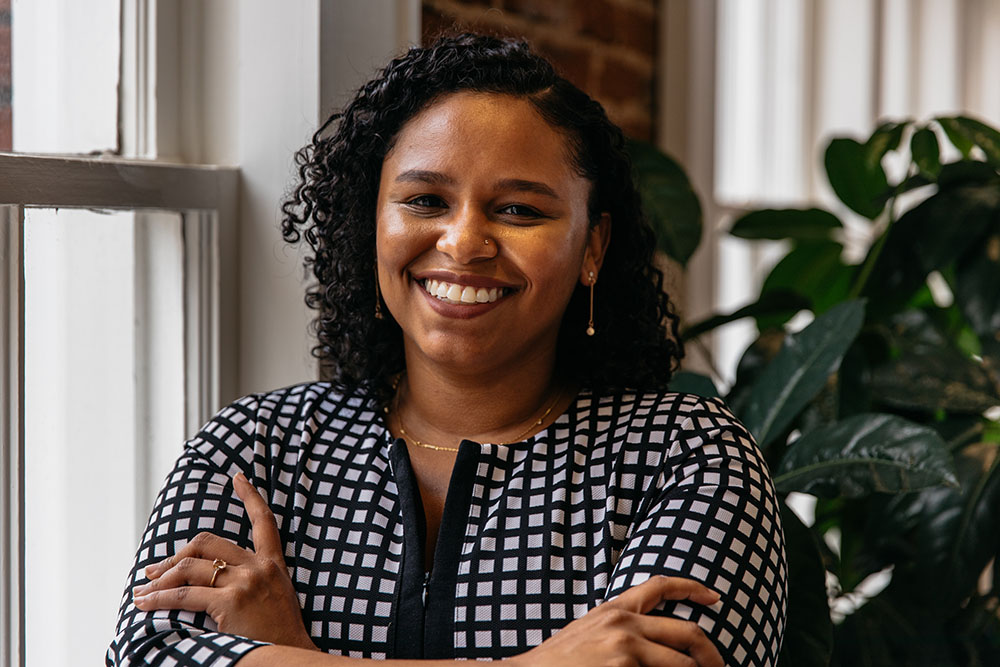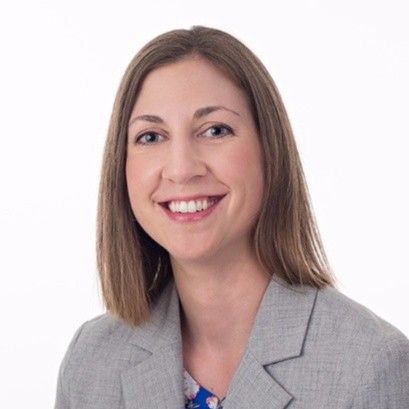Show Notes
In our personal lives we’ve learned that assumptions will often lead us astray. When it comes to an early stage SAAS startup, they can be the difference between success and failure.
In this episode of In Demand, Asia Orangio of DemandMaven shares the six worst assumptions that you can make as a SAAS founder and how to reframe them for success.
Extra Resources:
- Check out the Baremetrics blog post on SAAS milestones: https://baremetrics.com/blog/how-fast-saas-companies-hit-arr-milestones
TLDR; The Worst Assumptions You Can Makes as a SAAS Founder
1. [1:29] “If you build it they will pay”
- It’s not “If you build it they will pay” it is much more like “If you build it, test it out, validate it, then they are much more likely to pay.”
- Most founders don’t believe the old idea “if you build it they will come.” They know they need to market their product, but today more than ever, many assume that when the time comes the paying customers will be there.
- If you expect to charge for the product in the future, it is crucial that you don’t just assume that customers will be willing to pay when you ask. “The best way to know if someone will pay for your product is to actually try and charge them for it.”
- If you’re early on and don’t have paying customers yet there are two directions you can go:
- You can create a group of beta users who get free access
- You can focus on finding your first ten paying customers
2. [16:00] “If it worked for them, it’s gonna work for me”
- It’s not really “if it worked for them, it will work for me”. It’s much more like “if it worked for them, in this market, in this industry, for these kinds of people, for this kind of software category, then it will probably work for me."
- It is great to listen to the stories of other founders, to learn from what they did, but the context for your business will always be different. If you find yourself doing research on others companies journeys, always remember that there is a specific context in which this strategy worked and compare it to the context you are operating in.
3. [24:00] “The first 100 customers is fast”
- It’s not “the first 100 customers is fast” or that it should be fast, if anything it is exactly correlated to you, your market, and your product.
- No matter the milestone, never assume that it will be fast or easy. As the saying goes, your first $100k will be much harder than the second $100K
- On average it takes 217 days from launch to get to $833 in MRR. To get to $8300 MRR it takes 400 days on average. To get to $1M in ARR it takes 700 days on average.
4. [31:21] “You can change a market's behavior"
- It is truly easier to use your product compared to a competitive alternative
- It is solving a problem better than the competitive alternative
- It’s not necessarily that “You can change a market's behaviour”, but you can put yourself in the right place at the right time and offer the market a different solution.
- You get product adoption when your product does two things:
- So first you have to understand the existing market behaviour and find creative solutions to meet the behaviour of the market where it is, and offer your solution there.
5. 40:52 - “The market moves as fast as you"
- It’s really not “The market moves as fast as you” it’s “the market moves as fast as it wants” and you have to find a way to match your cadence.
- Sometimes, with the marketing and growth activities we do, we expect overnight results. But, it’s important to remember that if we’re a little early, then we’re almost never likely to see instantaneous results. As a founder, your insight and ideas will almost always be a bit ahead of the market--especially if you are doing something innovative or different. You will sometimes have to wait for the market.
6. [45:36] “Others doing better than you or have it more figured out"
- It’s not “others are doing better than you”, it’s much more “others are doing them, and you should do you!”
- It is easy to look around at competitors



